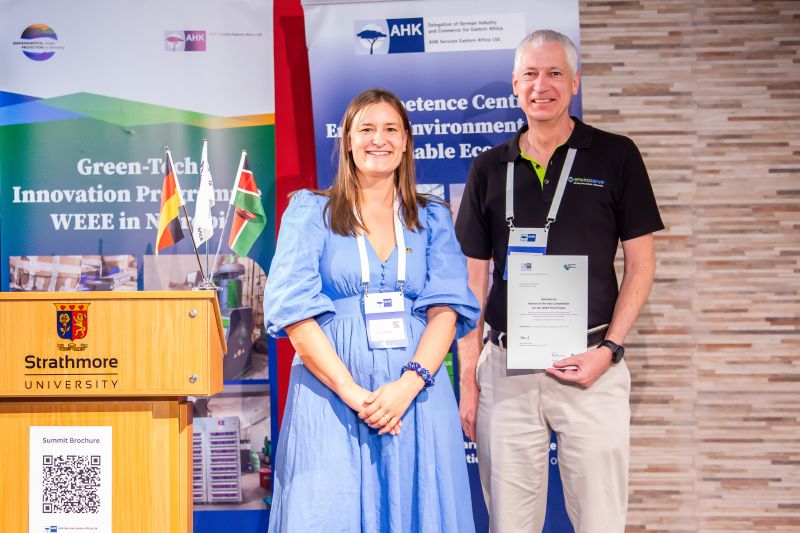Ethiopia is set to officially inaugurate the Grand Ethiopian Renaissance Dam (GERD), the continent’s largest hydropower project, amid mounting diplomatic friction with downstream neighbours Egypt and Sudan.
A crowning achievement of national ambition, the $5 billion dam that has been under construction since 2011 spans 1.8 km across the Blue Nile and rises approximately 145 m above its bed.
The GERD was funded by Ethiopians and government bonds after Egypt rallied the World Bank and other international financial institutions from backing the project. Its inauguration has also been set to come just a day before the Ethiopian New Year.
With a reservoir capacity of up to 74 billion cubic metres (64 billion active cubic metres of water) and an expected output exceeding 5,000 MW, the GERD more than doubles Ethiopia’s current electricity capacity and is poised to transform the nation into a potential energy exporter.
Prime Minister Abiy Ahmed, speaking in parliament ahead of Tuesday 9 September ceremony, reaffirmed that the dam is not a threat but a symbol of shared prosperity. “We believe in shared progress, shared energy, and shared water,” he insisted.
Ethiopian officials further emphasized that the project promises widespread benefits: access to electricity for nearly half of Ethiopia’s population who previously lacked it, improved flood control, and opportunities to sell surplus power to regional neighbours.
Ethiopia hopes to sell electricity to countries such as Kenya and Djibouti, and even across the Red Sea to Saudi Arabia.
GERD Diplomatic Tiff
Yet, the celebrations are overshadowed by deep regional unease. Egypt and Sudan have long voiced alarm, warning that Ethiopia’s unilateral approach to the dam could jeopardize their water security. They have decried the inauguration as a breach of international law, citing outdated treaties put in place during British colonialism that favour their historical water rights.
Despite Ethiopia’s invitation to both nations, the joint statement released by Egypt and Sudan denounced the dam’s inauguration without a binding agreement as dangerous, especially in light of future droughts and climate uncertainty.
The BBC reported that Egypt has reduced its rice farmland from around 2 million acres to 1 million acres, as well as digging over 5,000 wells in addition to constructing the world’s largest water treatment plant.
International experts caution that while the dam has yet to produce adverse downstream effects, prolonged droughts could trigger serious consequences if no cooperative water-sharing framework is agreed.
Still, as Ethiopia celebrates this generational milestone, it positions the GERD as more than an engineering feat. It is a statement of sovereignty and a beacon of economic aspirations for East Africa.




